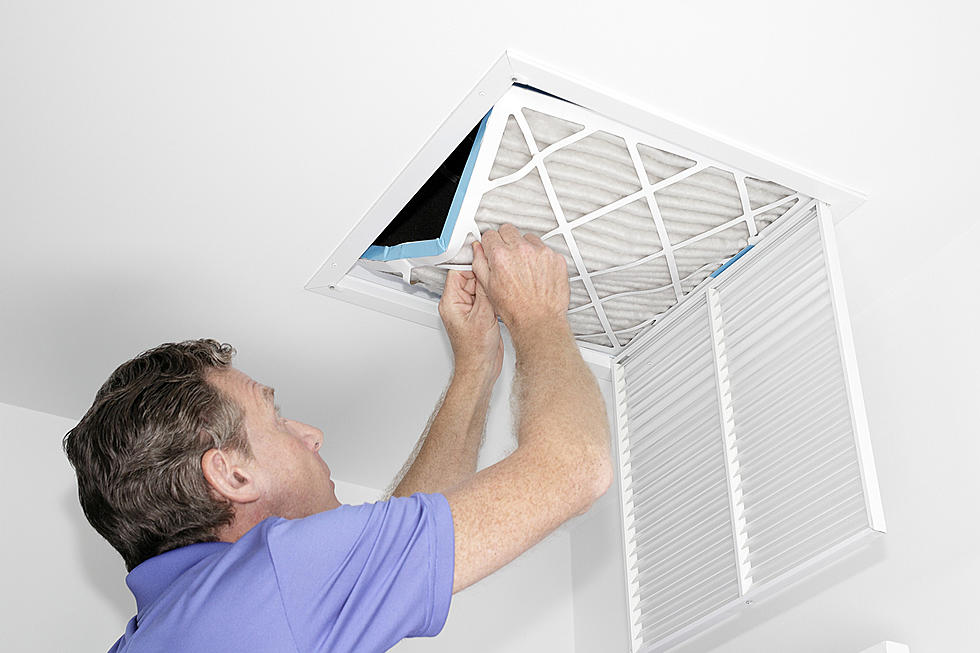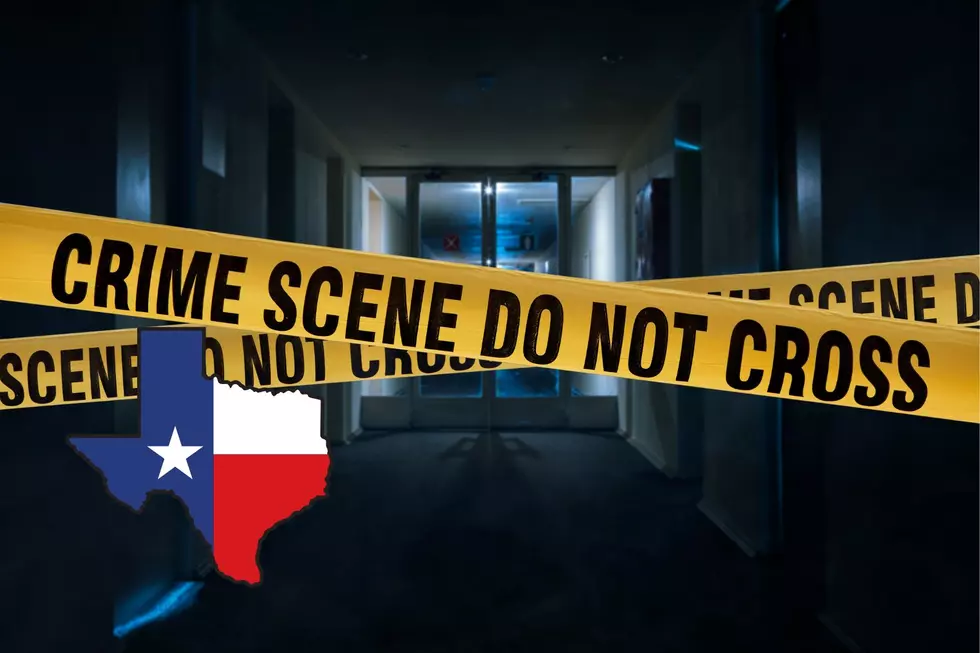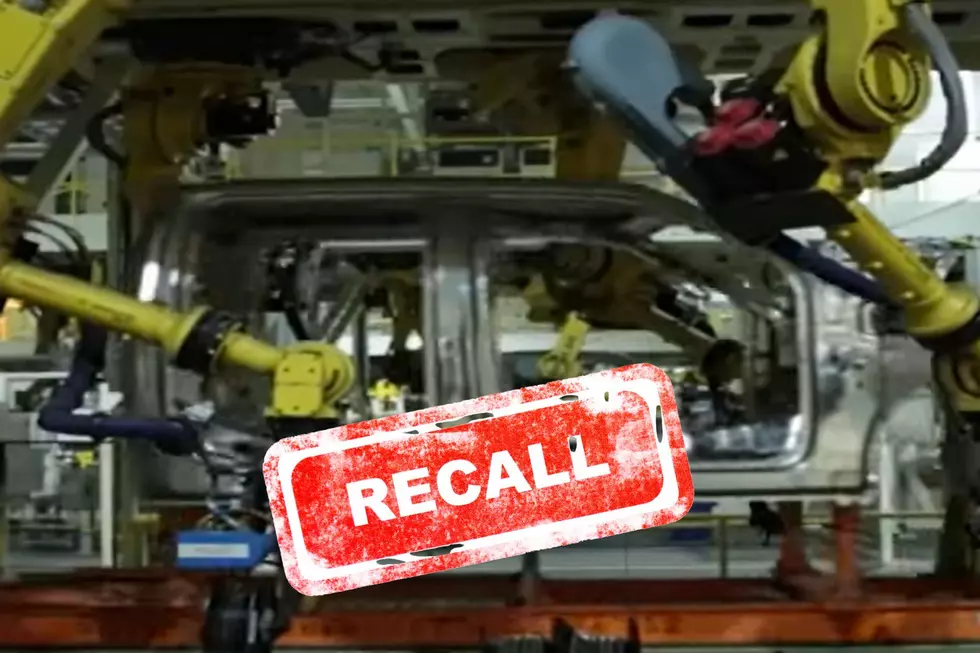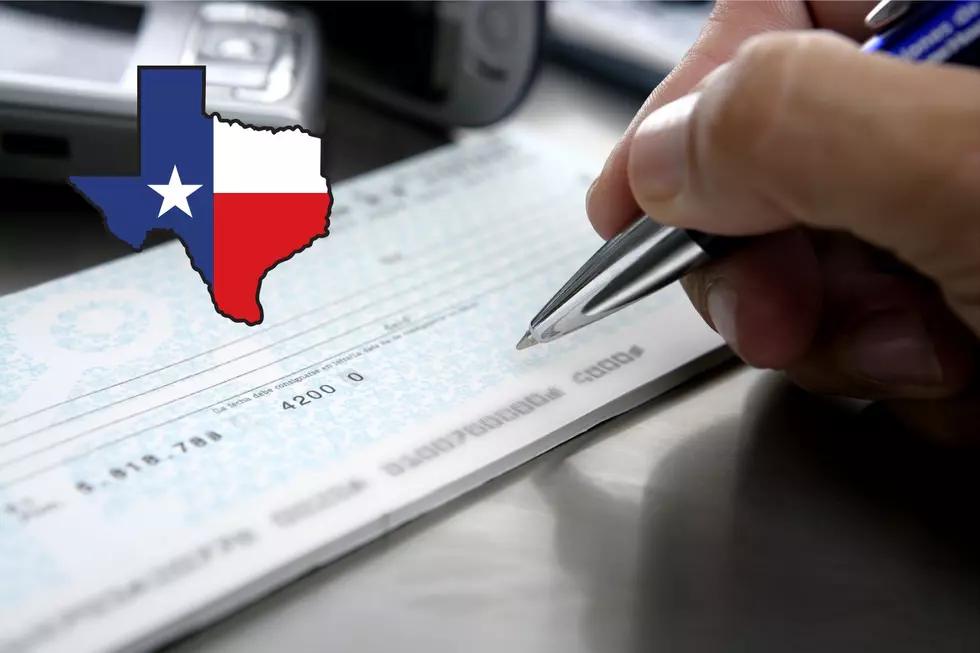
Houston Team Creates Air Filter That Kills Coronavirus Particles
Lately, I've been seeing a lot of scary headlines about our air conditioning systems spreading COVID-19.
If you just saw the headline, you'd think the concept is ridiculous, but an infectious disease expert at Harvard explained the reasoning.
Here's the gist: The summer heat has many of us heading inside to cool off in the glorious A/C air. In office buildings or schools where there's not much outdoor air being brought in, workers and students will likely be breathing in a lot of recirculated air that could contain airborne virus particles that aren't being caught in conventional filters. The filters in our homes probably aren't catching them either.
While he suggested UV light might be an effective way to kill any coronavirus particles floating around, a team in Houston say they've found a better (and cheaper) way to do it.
The Houston Chronicle reports that Dr. Zhifeng Ren, head of the University of Houston's Texas Center for Superconductivity, has designed an electrically conductive nickle foam filter that can kill coronavirus particles as they pass through it. Researchers at the University of Houston and Galveston National Laboratory say the filter actually killed 99.8% of aerosolized SARS-CoV-2 passed through the filter during testing, and accomplished that in a single pass.
According to the Chronicle, Dr. Ren credits the idea to Monzer Hourani, CEO of Houston-based medical real estate firm Medistar. The two began collaborating on the project back in March, and were able to put together a prototype made from commercially available nickle foam.
UH professors determined the virus could remain in the air for up to three hours, but that it was pretty easily killed by heat. According to their design, the nickel foam is heated to 392 degree Fahrenheit.
Dr. Garrett K. Peel, a Medistar researcher, told WFAA-TV that the filter catches and kills virus particles without impacting the temperature of the ambient air. He said the filter is affordable, low-cost, and accessible.
Dr. Ren said the filter could be put to great use in schools as students head back in the fall, and that a mobile unit in each room would "provide a different kind of mask" in classrooms where rowdy kids probably can't be expected to socially distance and keep their masks on all day.
Leave it to industrious Texans to see a need and fill it. These filters could be a much cheaper alternative to UV light systems and could help us get back to something resembling normal.
Personally, I'd love to have one in each our studios. We don't get much fresh air in here.
It could take a while for these to become widely available, but it's great to see researchers here in the Lone Star State working on solutions.

More From KOOC-FM









